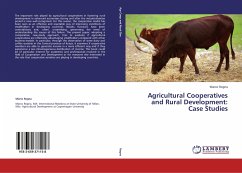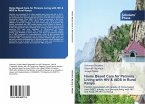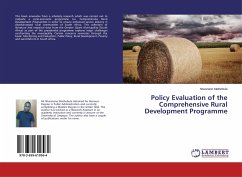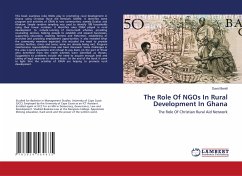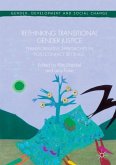The important role played by agricultural cooperatives in fostering rural development in advanced economies during and after the industrialization period is now well recognized. For this reason, the cooperative model has been seen as an effective and equitable way of improving conditions of smallholders in developing countries. Results, however, have been contradictory and, often, unsatisfying, generating the need of understanding the causes of this failure. The present paper, adopting a comparative, case-study approach, tries to evaluate if agricultural cooperatives are effectively advantaging smallholders compared with other business models. In particular, through the observation of some dairy and coffee societies in the Central province of Kenya, it examines if cooperative members are able to generate income in a more efficient way and if they experience a less inhomogeneous distribution of income. This book could be of particular interest for academics and professionals involved in the field of Cooperation and Development or for everyone else interested in the role that cooperative societies are playing in developing countries.

